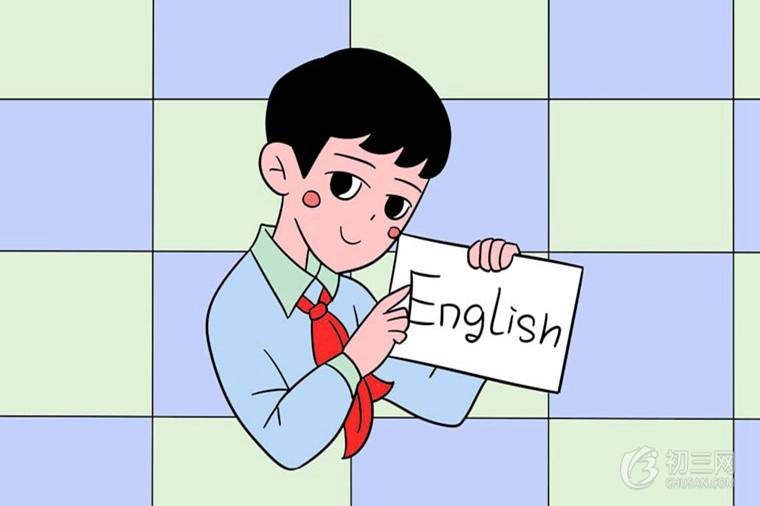请选择
过去完成时,是初中英语七大必考时态之一。它表示的是,到过去某时为止或者在过去某时之前已经发生或完成的动作,简单的说就是“过去的过去”。下面就和小编一起了解一下,供大家参考。

初中英语过去完成时的结构
基本结构:主语+had+过去分词.
①肯定句:主语+had+过去分词.
②否定句:主语+had+not+过去分词.
③一般疑问句:Had+主语+过去分词?肯定回答:Yes,主语+had.否定回答:No,主语+had not.
④特殊疑问句:特殊疑问词或词组+一般疑问句(Had+主语+过去分词)?
过去完成时用法
1.过去完成时表示一个动作或状态在过去某一时间或动作之前已经完成或结束,即发生在"过去的过去"。
如:When I woke up, it had stopped raining.我醒来时,雨已经停了。(主句的动作发生在"过去的过去")
2.过去完成时是一个相对的时态,表示的是"过去的过去",只有和过去某一时间或某一动作相比较时才使用它。
如:He told me that he had written a new book.(had written发生在told之前)
3.过去完成时需要与一个表示过去的时间状语连用,它不能离开过去时间而独立存在。此时多与already,yet,still,just,before,never等时间副词及by,before,until等引导的短语或从句连用。
如:Before she came to China, Grace had taught English in a middle school for about five years.
Peter had collected more than 300 Chinese stamps by the time he was ten.
4.过去完成时表示某一动作或状态在过去某时之前已经开始,一直延续到这一过去时间,而且动作尚未结束,仍然有继续下去的可能。
如: By the end of last year, he had worked in the factory for twenty years.(had worked已有了20年,还有继续进行下去的可能)
过去完成时与一般过去时的区别
虽然这两种时态都表示过去发生的动作或存在的状态,但在使用时应注意以下几点:
1.时间状语不同:过去完成时在时间上强调"过去的过去";而一般过去时只强调过去某一特定的时间。
试比较:They had arrived at the station by ten yesterday.
They arrived at the station at ten yesterday.
2.在没有明确的过去时间状语作标志时,谓语动词动作发生的时间先后须依据上下文来判断:先发生的用过去完成时,后发生的则用一般过去时。
如:She was very happy. Her whole family were pleased with her, too. She had just won the first in the composition competition.
3.当两个或两个以上接连发生的动作用 and 或 but 连接时,按时间顺序,只需用一般过去时来代替过去完成时;另外,在 before , after , as soon as 引导的从句中,由于这些连词本身已经表示出时间的先后,因此也可以用过去时来代替过去完成时。
如:He entered the room, turned on the light and read an evening paper.
I (had) called her before I left the office.